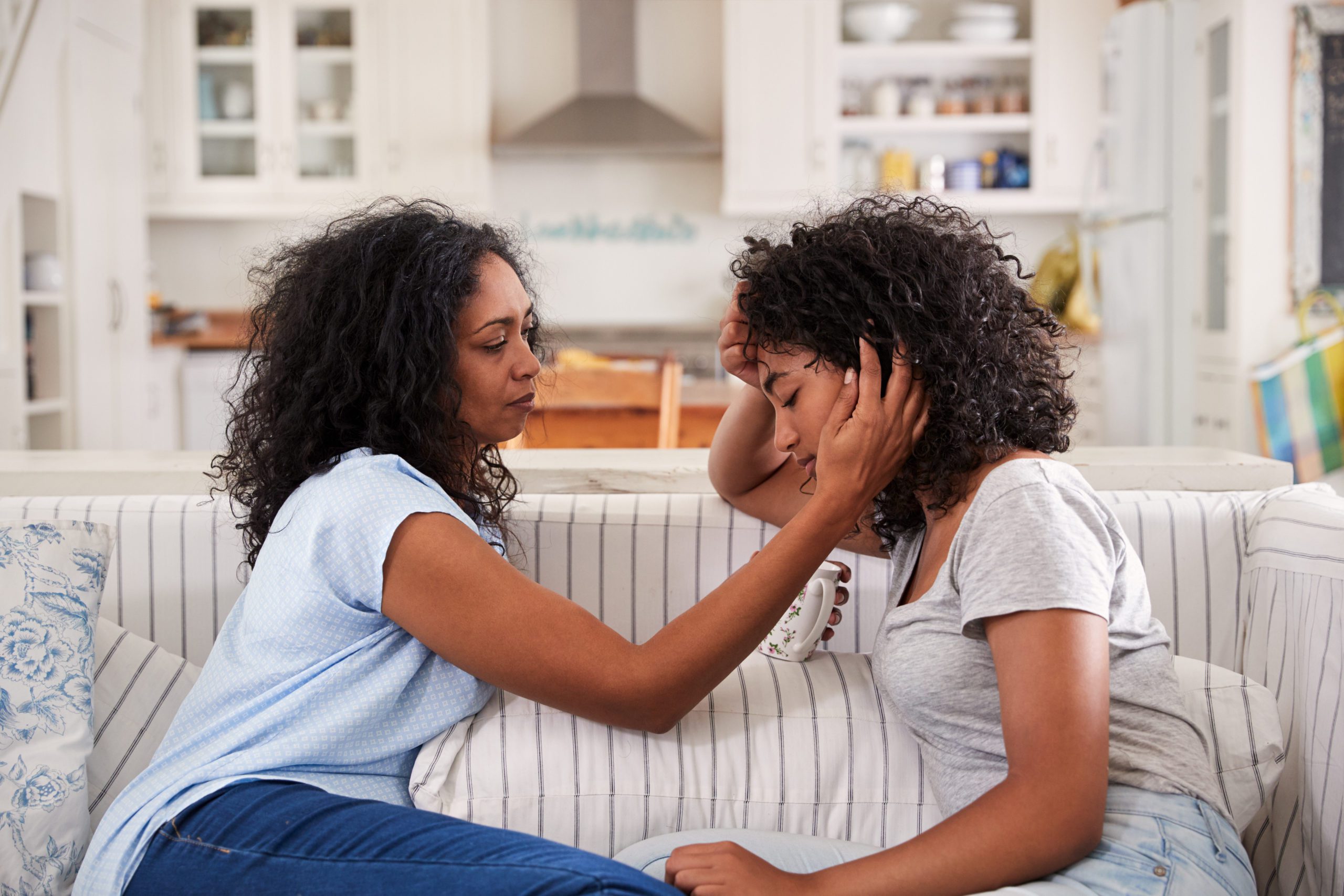Did you know that nearly 21 million Americans over the age of 12 deal are caught up with addictions? That means that kids as young as 13 are facing serious issues with alcoholism and drug abuse. As a parent it may be easy to tell if a pre-teen in your family is struggling, but then question the becomes: How Do You Start That Delicate Conversation?
To their credit, The Huffington Post recently acknowledged this all too common issue and published a helpful article that outlines the ways parents can approach their kids about this topic. Their checklist covered inquisitive approaches (to see if your child may be using) and educational explorations (so they are aware of the substances and the dangers).
Step one involves openness and honesty. “Kids are much more savvy today,” HuffPo addiction expert John Sovec explained in the article. “And open, honest conversations that take place now can set up the groundwork for keeping substances out of their future.”
That type of honesty may include revealing hard truths about your own past experiences with drugs and alcohol. Sovec added that today’s kids (particularly of the teen set) expect honest answers and don’t like to see their parents lie to them. If you deny experimenting in your younger years, that may actually backfire on you.
Scare tactics are also a no-no, according to the article. If they hear something like drinking beer will get you life in prison, they can easily fact check it and discover it’s a falsehood. At that point, your credibility may be hurt and actual scary stats (about overdoses and relapses) could have less of an impact.
In the same vein, Sovec emphasizes that addiction does not need to be vilified for teens. It is important to acknowledge that it is a disease and that not all people who use are evil.
“It’s important to emphasize that if someone is addicted, that doesn’t make them a bad person. It means they’re sick,” he added. “Let them know that addiction is an disease, and though it may be tricky to recover from it, people can and do get better. They just need good doctors and support to treat it.”
Having this difficult conversation is something we, at Inneractions, have had to do many times and we are definitely available as a support system for parents who think their kids may using. Just know that a gentle touch is always recommended and recovery is a reality at any age. 



